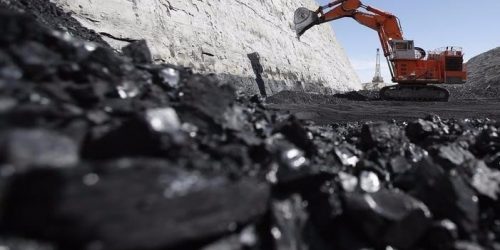For a while, it seemed the world was serious about exiting coal in pursuit of noble climate change targets. But the past two years (since covid hit the world) have shown that coal may be too difficult a habit to break. Global reliance on coal has only grown. Massive demand therefore has sent coal prices hurtling forward. To no end.
At first the surge in demand came from China that had shut down due to covid resulting in a demand slump and subsequently witnessed it shoot up as restrictions relaxed. Coal prices moved up along with demand. When China ramped up its own production of coal, prices began to ease. But in February, the Russia-Ukraine war hit the world like a pile of bricks that led to a supply shortfall in energy sources. At theepicentre of this is Europe that is undergoing an energy crisis amid ballooning demand. Unsustainable record-high gas prices and impending gas curtailment from Russia—a major supplier—is sending these countries running back to coal.
Several countries in Europe including Germany, France, Italy, Netherlands and others intend on reopening coal plants to meet energy needs. The European Commission announced that some coal capacities that were supposed to be shut down may stay operational for a just a while longer given the “unexpected” situation. This lays in sharp contrast to the EU’s ambitions of reaching carbon neutrality by 2050 and transition the energy mix from heavy fossil fuel usage to nuclear power and renewable sources. Coal was supposed to be phased out completely by 2030.
But when comparatively cleaner gas became too expensive to bear withRussian gas becoming potentially scarce and renewables were either not meeting the growing energy needs or plants not configured for fuel switching, coal came to rescue as the only affordable, and importantly, accessible source. The Germans acknowledge the contradiction to previously set goals but calls the move “bitter, but necessary” during this “transitionary period”. The phasing out of coal over the next two decades, if such emergency scenarios keep rearing their head, may be a reality farther away.







